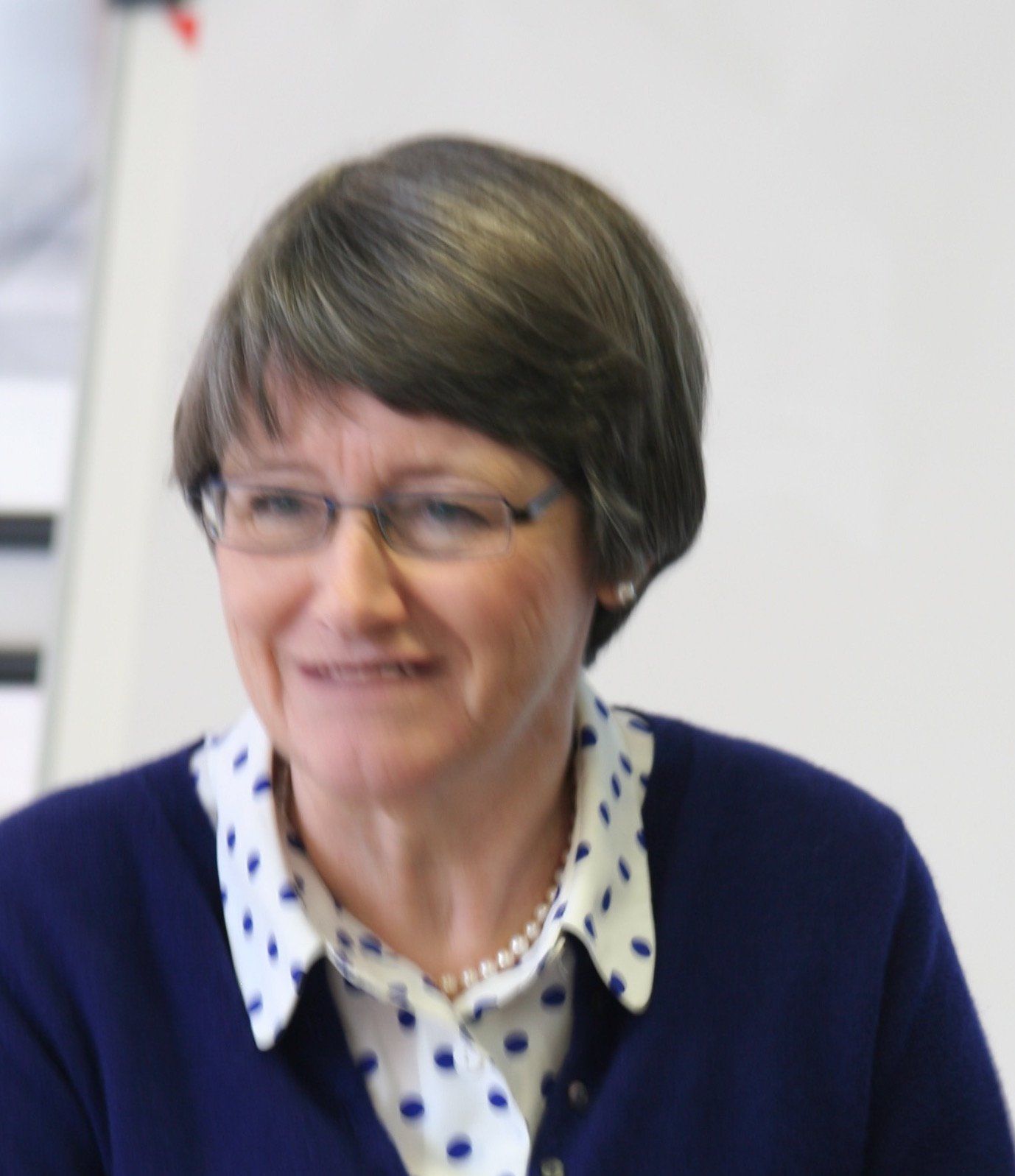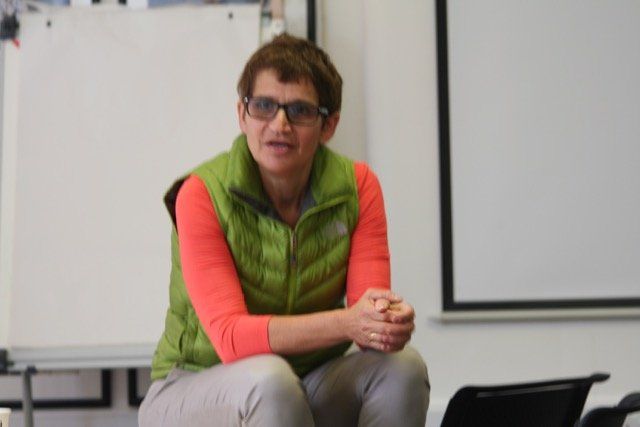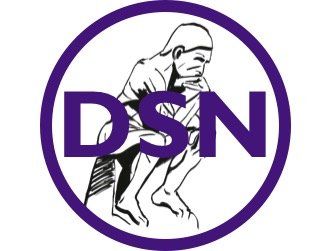Support for doctors
Specialist mental health services for doctors
DocHealth - psychotherapy service for doctors
NHS Practitioner Health
NHS Practitioner Healthestablished in 2008, supports doctors and dentists with mental health or addiction problems, particularly if these might affect their work. The service is self-referral. It is provided by health professionals specialising in mental health support to health professionals.
Any doctor (or dentist) in England can self-refer to this service - now extended to all health and social care staff in Scotland.
Dedicated 24 hour text crisis support - see PHP website here for details.
Health for Health Professionals Wales
Dedicated telephone support for doctors
Voluntary sector support - specifically for doctors / health professionals
Other sources of peer support for UK based doctors include:
Autistic Doctors International
CamDocUK(Association of Cameroonian Doctors in the UK)
APPNE ( Association of Pakistani Physicians of Northern Europe)
BAPIO (British Association of Physicians of Indian Origin)
GLADD (Gay & Lesbian Doctors and Dentists Association)
MANSAG (Medical Association of Nigerians across Great Britain)
Sikh Doctors & Dentists Association
Anyone is welcome to join DSN. UK based medics with mental health concerns are eligible to be full or student members - anyone else is welcome to join as an associate member. See our equality & diversity policy here.
Occupational Health : how we can help doctors

Pull down your own oxygen mask first

The rewards of keeping doctors healthy

Over 50% of the doctors presenting to House Concern show the 'cliff' pattern of ill-health. The cliff has three components:
- A long tail of months to years of overwork, exhaustion and increasing burnout. As this progresses work performance tends to be protected, whilst other aspects of the doctor’s life start falling apart, including family life and other leisure activities.
- The cliff represents a steep sudden decline in work performance usually resulting in needing a period away from work.
- The gradual recovery stage, which may lead to a higher level of performance than has been achieved previously.
DSN Mailing List
Please complete the form below if you would like to receive occasional updates about DSN and UK physician health by email (AND you are not intending to JOIN DSN - if you are joining DSN, you will be added to our members' mailing list). Mailing list contacts CANNOT access our anonymous, confidential, members only Support Forum - for Full or Student members only.
How to JOIN DSN as a Full, Student or Associate member - click here.
Updates can include invitations to take part in physician health surveys by other individuals or organisations. We will not use your contact details for anything else unless you say we can. You can find out more about how we store and use your data and what your rights are in our privacy policy.
A DSN update will be a formatted email (using Sendinblue ) with an 'unsubscribe' option.
DSN mailing list
We will add your email address to our mailing list.
Please try again later
Follow us

Disclaimer
All opinions expressed on this website are those of the individual authors and do not necessarily reflect an official position of DSN. DSN cannot accept responsibility for any actions taken as a result of content of the website. Links to other organisations are provided for information only and are not a recommendation. In particular, you may want to check about confidentiality when contacting other organisations.

